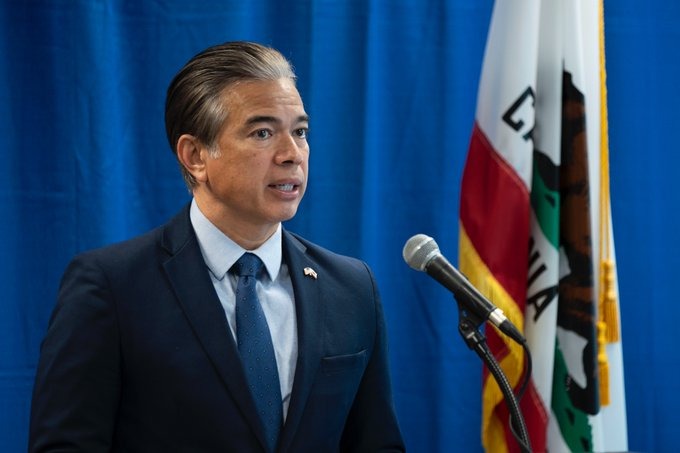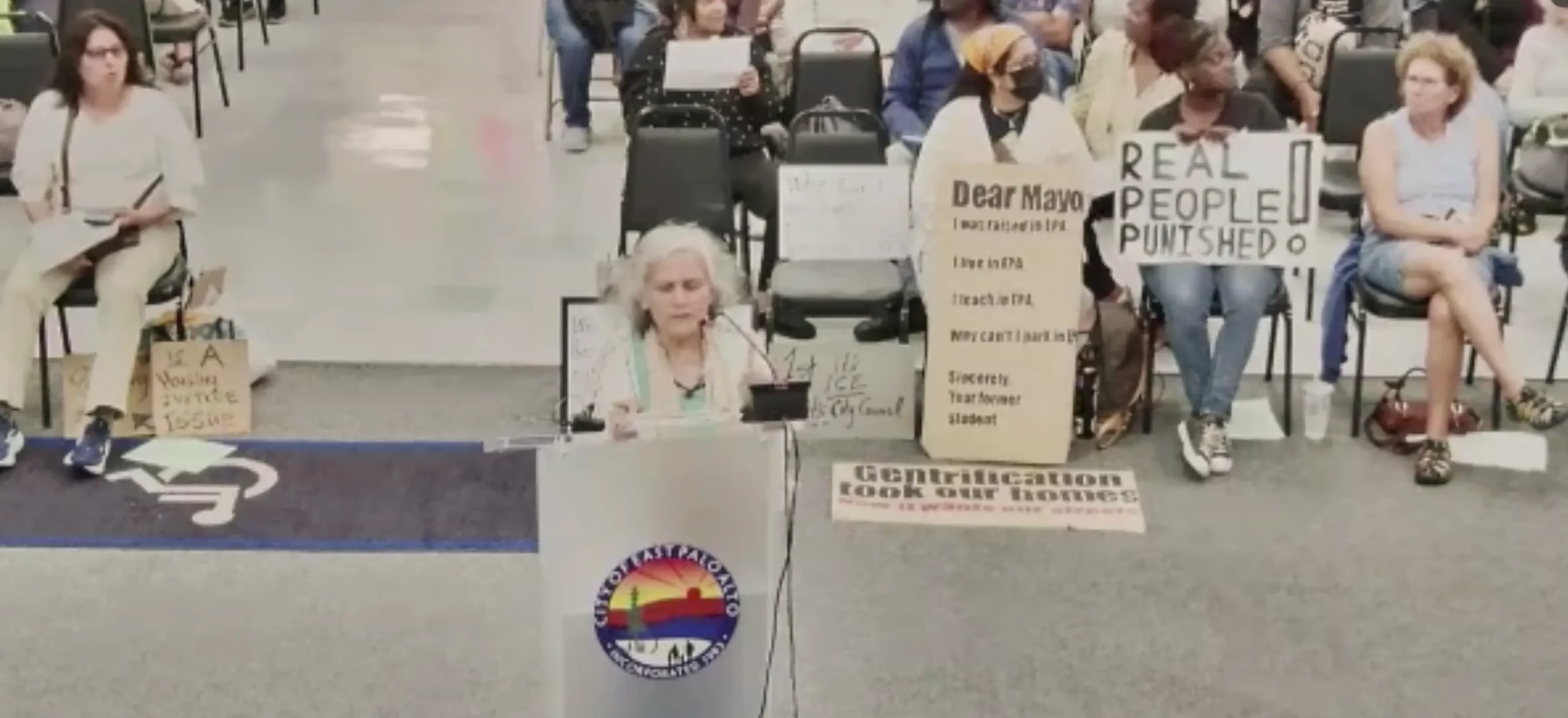
El senador de California, Alex Padilla, orgulloso hijo de inmigrantes mexicanos, ha presentado la “Ley Visible”, la cual exige que los funcionarios de inmigración muestren una identificación, además de que prohíbe que se cubran la cara sin fines médicos, pues las comunidades se han mostrado preocupadas por la falta de control y legalidad en los procesos de detención.
The One Big, Beautiful Bill “añade 170 mil millones de dólares adicionales al presupuesto para la agenda de deportaciones masivas de Trump, una intensificación de su campaña de terror”, dijo el senador Alex Padilla durante una sesión informativa realizada por American Community Media (ACoM).
“Estamos enfrentando recortes drásticos en el presupuesto, es preocupante, pues tenemos un billón de dólares recortados a Medicaid, 17 millones de estadounidenses se quedarán sin cobertura médica; pero también se pierde el progreso histórico que logramos en la transición hacia la energía limpia”, destacó Padilla.
A ello, agregó que el único rubro del presupuesto que registró verdaderas inversiones fue el del Departamento de Seguridad Nacional y el Servicio de Inmigración y Control de Aduanas (ICE, por sus siglas en inglés). “Así que están preparando el terreno para algo más que una continuación”.
Ante este panorama, el senador de California se ha mostrado preocupado por la comunidad y pide que se mantengan unidos e informados: “cuando hablamos de la comunidad inmigrante, la gente asume que son todos latinos, pero no, conozco muy bien a la comunidad inmigrante de California y es muy diversa, hay mucha gente de países asiáticos, africanos, europeos, literalmente de todo el mundo”.
“Una de las razones por las que presenté la Ley Visible, es porque se han reportado casos, no solo en California, sino en todo el país, de personas que se hacen pasar por agentes del ICE, lo cual es muy fácil de hacer cuando no están obligados a identificarse. Los casos que hemos visto son de secuestro, robo y hurto”.
Padilla agregó: “el riesgo de que ocurran este tipo de cosas aumenta cuando no existen medidas de rendición de cuentas para las fuerzas del orden. Y lo que pedimos con la Ley Visible no es nada nuevo”.
“Seguiré haciendo todo lo posible para que esta administración rinda cuentas, por eso presenté, la Ley Visible, para exigir a los agentes de inmigración identificarse y prohibir el uso de mascarillas no médicas, porque nadie debería tener que despertarse una mañana y temer a que los estén secuestrando unos enmascarados”, puntualizó el senador.

Sumado a eso, compartió su experiencia al ser detenido al tratar de hacer una pregunta en una conferencia de prensa en Los Ángeles: “No solo me obligaron a salir de la habitación, me arrestaron y esposaron sin ninguna explicación”.
“No me sorprende que la administración Trump haya decidido mentir sobre lo sucedido, pero afortunadamente hubo un video que todos pudieron ver por sí mismos”, continuó.
Ante la pregunta: ¿Es posible realizar futuros cambios en el Senado y Congreso? Padilla contestó que sí, pero hasta el próximo año: “si podemos conseguir una mayoría demócrata, entonces podremos hacer que los presupuestos del futuro año fiscal sean muy, muy diferentes”.
Padilla menconó que parte del desafío de este año, no es sólo lo que Donald Trump está o no haciendo, también es la falta de republicanos en el Congreso para hacer su trabajo con igualdad de poderes y exigir responsabilidades a esta Administración.
Ante las detenciones y las personas desaparecidas por los operativos del ICE, comentó que es importante informar y no perder la fe, así como seguir comunicando.
El senador de California aseguró que buscará la oportunidad de visitar algún centro de detención, pues es importante asegurarse de que las instalaciones cumplan con los estándares requeridos y ver si cuentan con las condiciones necesarias.
“Si, planeo visitarlos para garantizar que todo lo que está sucediendo cumpla con la ley federal y los estándares federales”.
Finalmente reiteró: “Conozcan sus derechos. Independientemente de su estatus migratorio, todos tienen derecho al debido proceso en Estados Unidos. Esta administración ha tratado de no respetar esos derechos y como parte de nuestro trabajo es exigirle cuentas”.
“Es necesario recordarle a la gente que existen muchas organizaciones de defensa que brindan apoyo y asesoramiento legal, no podemos perder la fe, vale la pena luchar por este país y nuestra democracia, por eso hago lo que hago”, puntualizó el Senador.
You may be interested in: Expertos advierten que “The One Big, Beautiful Bill” afectará principalmente a la salud y el medio ambiente






















